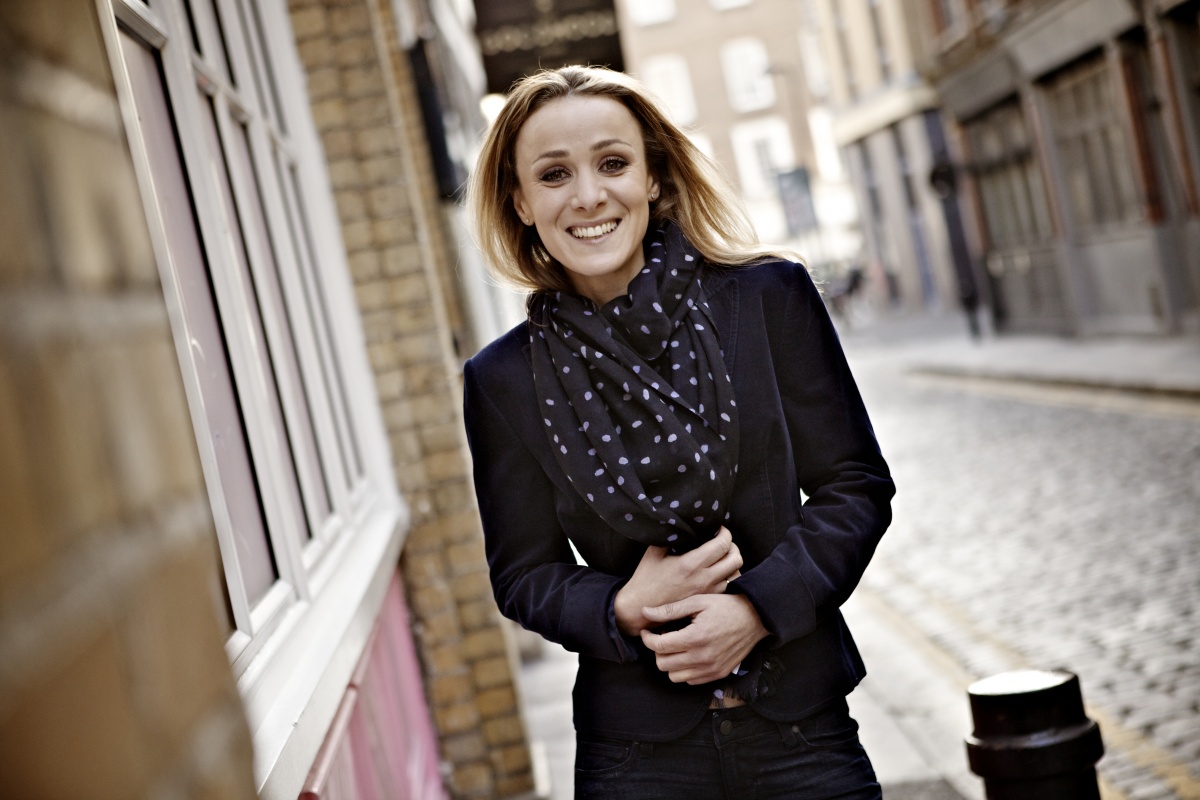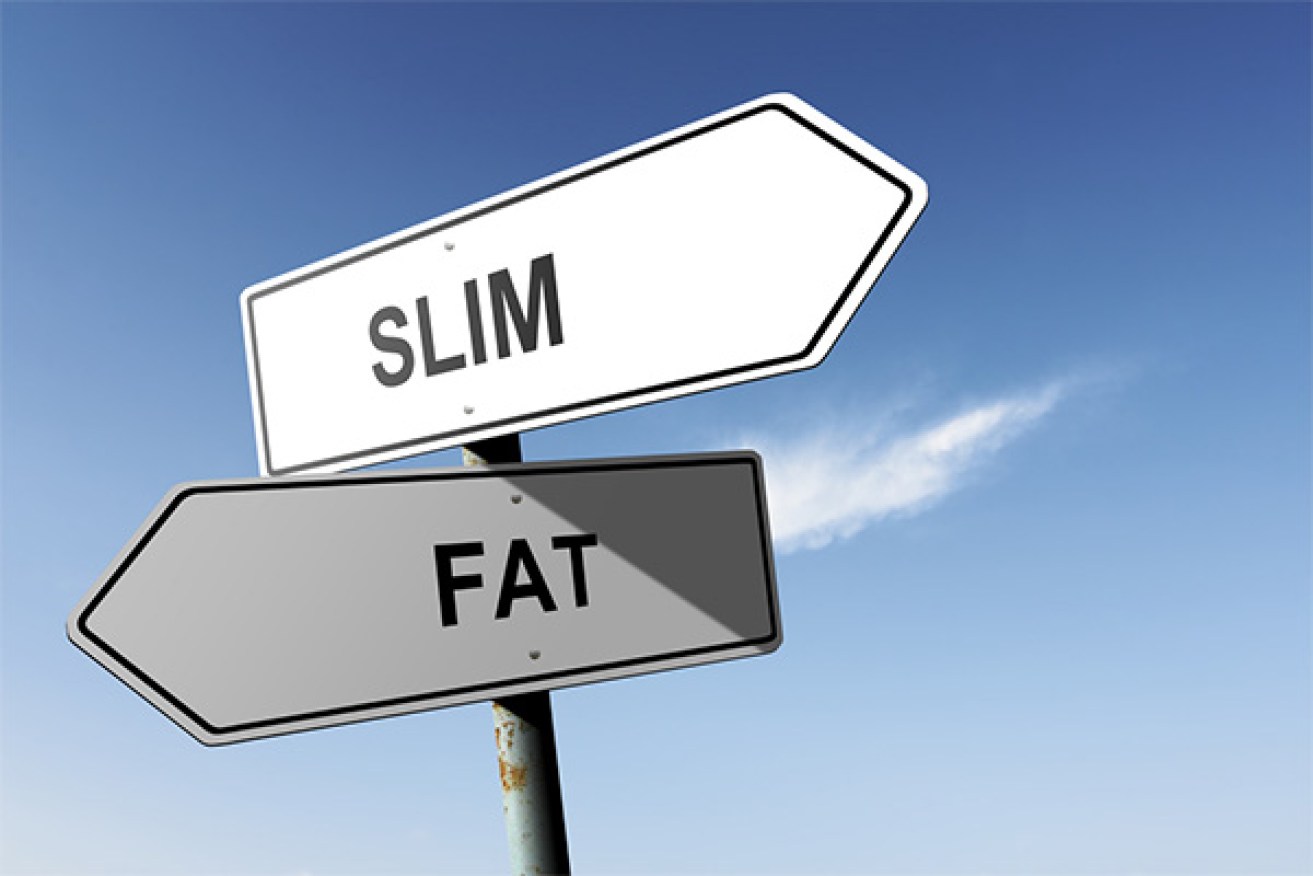Are women their own worst weight loss enemies?


Shutterstock
Have you ever looked in the mirror and shuddered at the excess rolls of flesh? Have you ever compared yourself to another woman and felt inferior? Have you ever broken a strict diet and then finished off the entire packet of biscuits; or skipped going to the gym and then sat home hating yourself? Have you ever blamed your appearance, your body, your weight, on the break-up of a relationship?
Chances are, if you’re female, you’ve done one or most of these things. Although we blame advertising and the media for the pressures to look a certain way, for most of us the pressure comes from ourselves. Think of the casual, abusive terms we use for our own bodies: muffin top, bingo wings, crow’s feet.
· Advisor: want to run a marathon? Here’s how
· Winter workout questions answered
Fairly light-hearted, you might think, but is it really funny? Would you talk about a sister, daughter or friend in this way? You hate yourself physically so you hate yourself mentally: failing becomes a self-fulfilling prophecy.
It’s no wonder many of us get caught up in the cycle of diet or excess …
It’s no wonder many of us get caught up in the cycle of diet or excess, bingeing or self-denial, no wonder that obesity, eating disorders and body dysmorphia are on the increase across the developed world.

British Ministry of Thin author Emma Woolf is a passionately outspoken about women and dieting. Photo: Supplied
And the most common thought of all? If only I could lose weight, my life would be better.
My latest book, The Ministry of Thin, explores how this desire for thinness is getting out of control. I believe that many women who do not have an actual eating disorder, such as anorexia or bulimia, have disordered eating patterns, feel guilty about their hunger, unhappy with their weight or out of control around food. You may not follow an actual diet – you may roll your eyes at the idea of tongue-patches, drip diets, 5:2 or intermittent fasts. But no matter how feisty or feminist you are, I bet you’d like to lose weight.
‘The Ministry of Thin’ is a metaphor for the inner policeman that undermines us, and tells us that thinner is better, prettier, happier, sexier …
‘The Ministry of Thin’ is a metaphor for the inner policeman that undermines us, and tells us that thinner is better, prettier, happier, sexier. This policeman is a bully inside our heads, fuelling our self-critical inner monologue, and it’s our own worst enemy. Every woman I know is too intelligent for this obsession with weight-loss, and yet we still try to conform.
So why do we do this? Women are more independent than ever; we’re in charge of our careers, our fertility, our money; we own property, we govern countries and write books and films, we win Olympic medals and Nobel prizes, we raise children with or without men. And yet… there is still a consensus on what women should look like; a near-universal acknowledgement that a thinner body is a superior body.

Does dropping five kilos solve anything? Photo: Shutterstock
Perhaps wanting to get thin is the way we keep our own potential in check: ‘when I lose five kilograms…’ It’s our excuse for failure in relationships or at work; it’s that dress which is two sizes too small which we’ll wear when we reach our goal weight. As someone who reached that goal weight, dropped those five kilos (and then another 20) I can tell you that getting thin doesn’t solve anything. But the fact remains: losing weight has become the female holy grail.
I believe the way we talk about our bodies has a deeply corrosive effect on the way we feel about them. Changing our body language could help us reach a happier relationship with the way we look… here’s how:
• Decide, right now, to ban negative vocabulary. Don’t use the words fat or ugly about yourself or others, ever.
• Don’t scrutinise or criticise other women – not even celebrities. Look for something beautiful in everyone.
• Notice how you treat yourself: is the voice inside your head cruel or kind? No matter how you feel, you deserve respect, nurture and care.
• Don’t use food as a reward or punishment; don’t beat yourself up about eating and exercise. Look after yourself as you would look after others. If you’re struggling, ask yourself: what would I say to a good friend in this situation?
• Remember, 95 per cent of diets don’t work. Healthy eating, exercise and self-esteem do work.
Let’s not spend the rest of our lives like this, feeling the wrong shape and the wrong weight in the wrong skin. Let’s start to value our bodies for what they do, rather than how they look.
Emma Woolf is the author of An Apple a Day: A Memoir of Love and Recovery from Anorexia, and The Ministry of Thin: How the Pursuit of Perfection Got Out of Control. She is a columnist for The Times, Newsweek and The Daily Beast. And she is also a presenter on the UK TV show Supersize vs Superskinny.
Buy The Ministry of Thin: How the Pursuit of Perfection Got Out of Control here.








